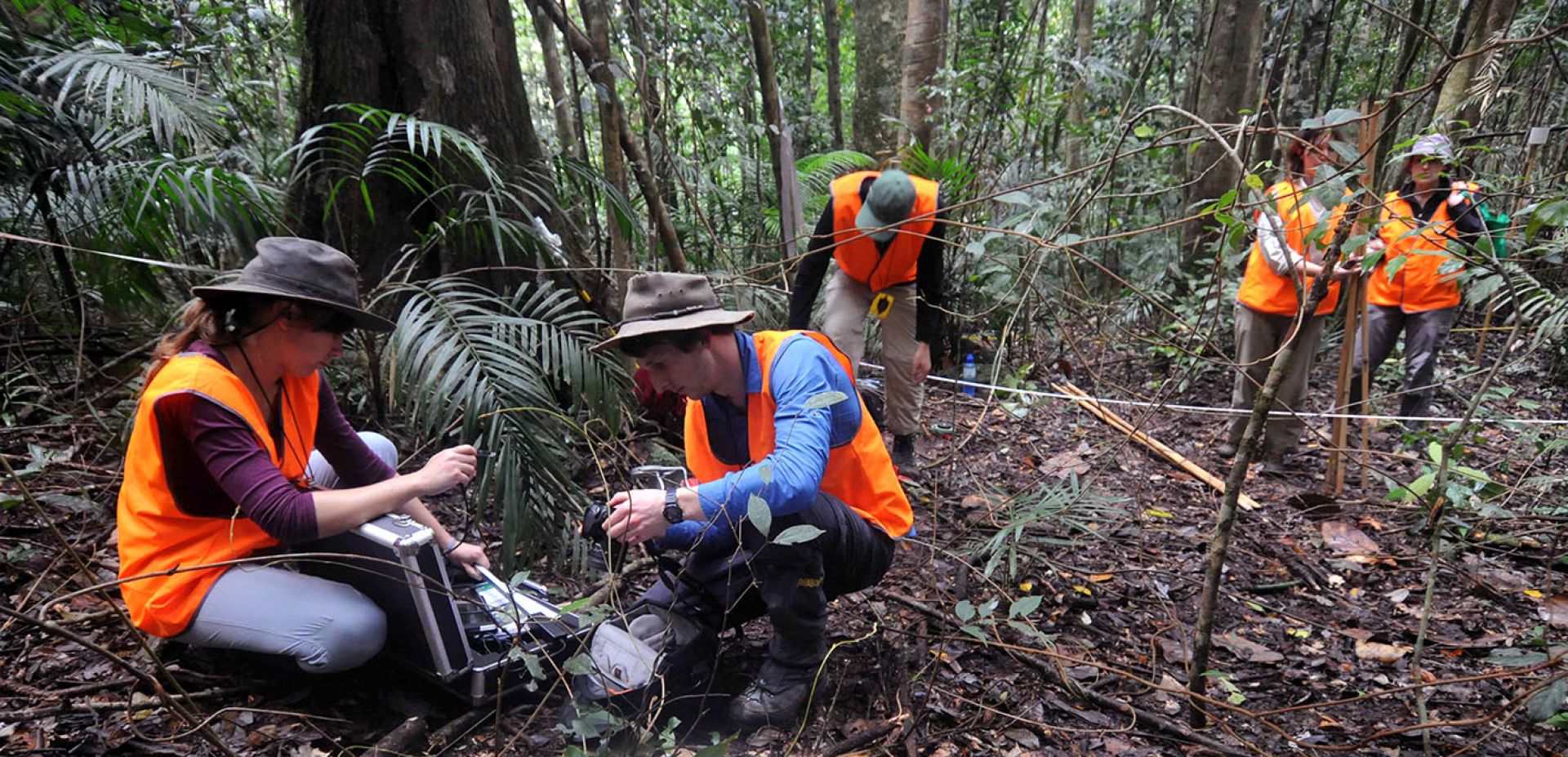Media Releases
Ecosystems protect us from climate change – but they need our help

A review of two decades of ecosystem monitoring in Australia and New Zealand has confirmed the key role of land-based ecosystems in achieving net zero carbon, while also warning that this role could be threatened by climate change and extreme variability.
“Our ecosystems are important carbon sinks, sequestering carbon dioxide and helping to offset carbon dioxide emissions from human activities,” co-author Dr Jamie Cleverly from James Cook University said. “But this review shows that flooding rains, droughts, heatwaves and devastating bushfires – events whose frequency and severity are linked to climate change – are taking a toll.”
A large research team, led by Professor Jason Beringer and Dr Caitlin Moore at the University of Western Australia, has identified the key resilience and vulnerabilities of Australia's ecosystems.
The team reviewed two decades of findings by OzFlux – an observation research network that measures carbon, water and biodiversity across key ecosystems in Australia and New Zealand.
The report notes that Australia’s climate has already warmed by 1.44°C since national records began in 1910, and an emerging dry weather trend in the southern part of the continent has the potential to push some ecosystems to a tipping point.
Although the Earth's land-based ecosystems can store 29% of our global carbon emissions, the review warns that we are already beginning to see how ecosystems in Australia and New Zealand can tip from a net carbon dioxide sink (storing carbon) to a net carbon source (emitting carbon) after drought, fire and cyclone.
"Australia and New Zealand's ecosystems can be amazingly resilient to bushfire, drought, cyclones and the like. That resilience can enable them to return to their role as carbon sinks as they recover from those impacts,” Dr Cleverly said.
“Our concern is that the ability to bounce back could be reduced by events whose frequency and severity are related to climate change.
“This review supports the importance of reducing human-related carbon emissions significantly, and soon – any progress we can make there will help our ecosystems maintain their protective role.”
JCU’s Lucas Cernusak and Mike Liddell are also co-authors of the review, published today in Global Change Biology.
“This review shows the importance of ecosystem observatories like OzFlux and the Terrestrial Ecosystem Research Network, which provide the data to inform the science and modelling,” co-author Associate Professor Michael Liddell said.
“This data underpins land management strategies that protect our natural resources from deteriorating to the point where they cannot support vital ecosystem services — which include grazing, environmental cooling during heatwaves, and capturing runoff during extraordinary wet periods.”
Media enquiries: linden.woodward@jcu.edu.au